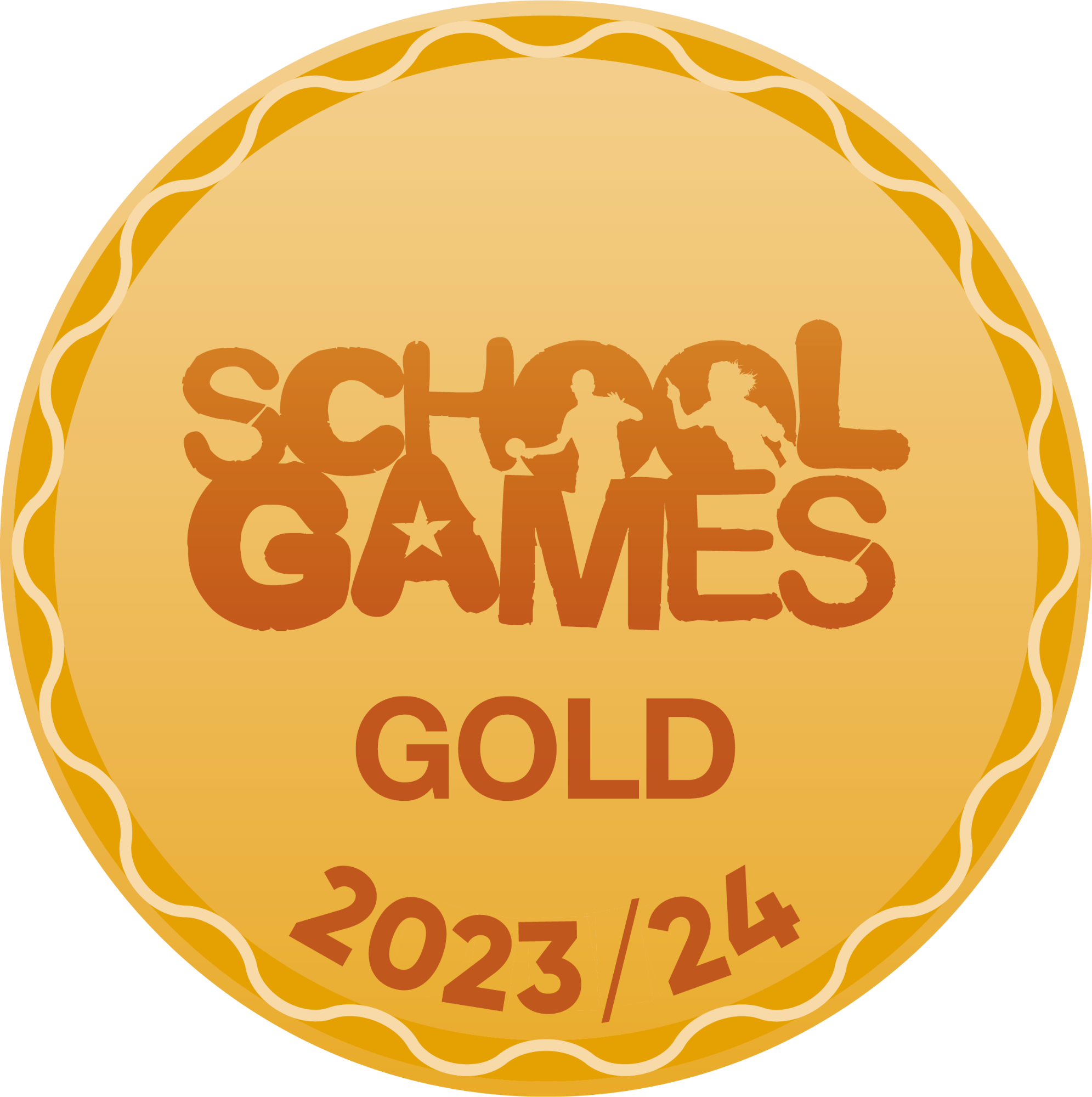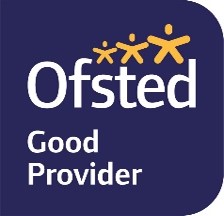Allocating Reading Books
Fully decodable books
At The Whiteoak Academies, we are committed to providing our children with fully decodable reading books until they are reading fluently and can decode unfamiliar words with confidence. There is much research to suggest that fully decodable texts give children the necessary opportunities to practise the grapheme-phoneme correspondences that they have learned, without constantly coming across words that force them to ask for help or guess.
Within Reception and Key Stage 1, our reading books are organised into phonics sets which align to the Unlocking Letters and Sounds teaching sequence.
Should pupils further up the school require fully decodable texts, we have invested in sets of books which are specifically designed for older children at the early stages of reading. With contemporary story-lines and age-appropriate illustrations, we hope that these engage and excite our older readers.
Moving beyond fully decodable books
Once our pupils can decode unfamiliar words with confidence and are reading with increasing fluency, they are introduced to more challenging texts that sit beyond the fully decodable sets.
Such (2021), suggests that ‘few things motivate reading as much as an adult taking the time to consider a child’s personality and interests and making a recommendation on this basis.’ At the Whiteoak Academies, teachers have a strong knowledge of the texts that feature on their year group 'Reading Spine' and a growing awareness of supplementary texts and those on their shelves. Author focus weeks and webinars support this work.
Moving from Year 2 into Key Stage 2, we employ a book banding system to help us to ensure that children have a reading book that they can read to a parent/carer with at least some success in decoding. It is important to note however, that our pupils are by no means ‘trapped’ by this system and that they have the right to choose and take home any book they please from the shelf. This may just mean that further adult support is necessary to help them get the most from the reading experience.
We recognise that for many children, a non-fiction text may be something they would prefer to read for pleasure. Ensuring that classroom bookshelves contain a rich set of non-fiction texts, alongside a strong fiction offering, is an ongoing priority for us.








